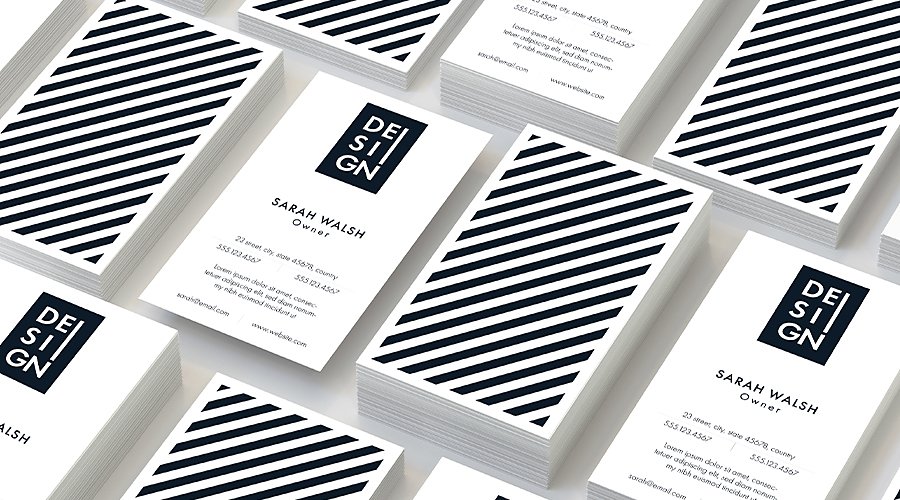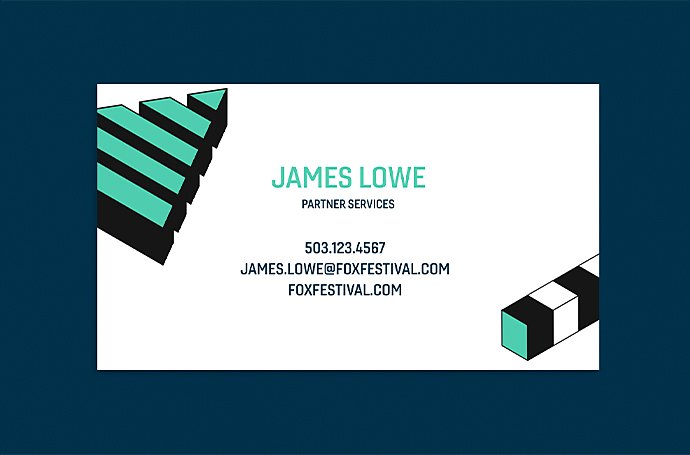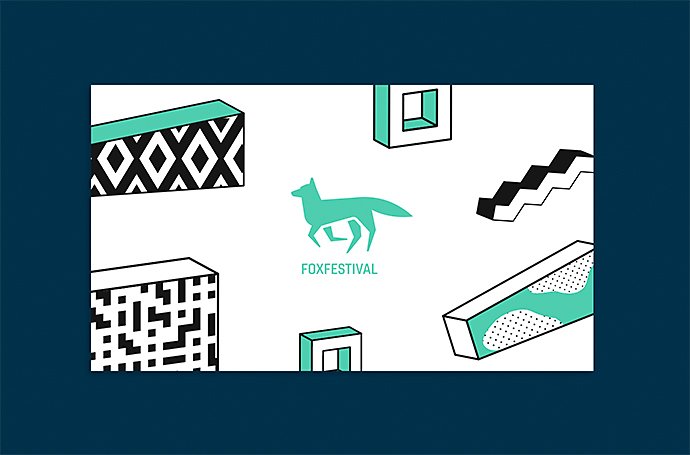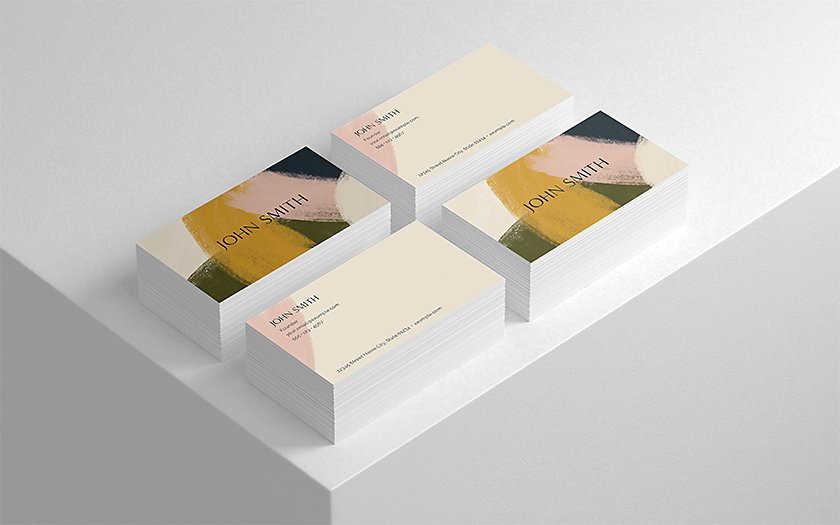Choose a modern business card background that gets noticed for all the right reasons.

Why business cards are still a thing.
As long as people meet in real life, professional business cards will remain a valuable networking tool. At conferences, seminars, client meetings, or chance encounters, it’s easier and faster to hand someone a card than to ask them to take down your information. And business cards get results: Salespeople can see a 2.5% increase in sales for every 2,000 business cards they hand out.
Explore how the right business card design, including a distinctive background, can help project competence and confidence in your professional life.
What to include in any business card.
Your business card design should be an extension of your business. Maintain brand consistency by using your company’s colors, fonts, and logo. The voice and tone of any writing on the card should be consistent with your brand voice and tone as well.
No matter your industry, the basic elements are the same:
- First and last name
- Company (if applicable)
- Job title or occupation
- Contact information like your phone number, email, business address, website, and any social media handles


How to choose the right business card background design.
At conferences and networking events, people end up with stacks of business cards. Think about how to make yours stand out. Easy legibility is important, so don’t get too adventurous with fonts, but you can have fun with your background to separate yours from the standard corporate business card that has a white background.
Go minimalist.
If clean lines are part of your brand identity, create a simple business card. You might like the sleek look of black and white, but, according to Statistic Brain, people hold on to colored business cards 10 times longer than white business cards. Separate your card from standard corporate business cards by adding a background color.
Think about the first impression you want to make with your card. Black business cards can suggest luxury and power, while a blue business card might inspire feelings of serenity. With a colorful background, you can maintain a minimalist style with your text and imagery and still stand out.
Show what you do with business card background images.
Since people hold on to creative business cards longer than plain ones, create a graphic design that speaks to what you do. If you run a bakery, you might use a cupcake or cookie pattern you created in Adobe Illustrator. If you’re an architect, you can add a segment of a blueprint to your background. With Illustrator, you can combine simple shapes into something unique or draw vector graphics freehand, and then scale them to the right size to fit onto your cards.
For inspiration, explore dozens of business card background examples on Behance. See how designers play with color and try everything from plain black and white to abstract backgrounds with subtle watercolor brushstrokes or swirling rainbows of paint. Notice the varieties of texture, geometric and organic shapes, professional headshots, and stock photos that can help a business card draw attention.
How to choose the right business card background design.
At conferences and networking events, people end up with stacks of business cards. Think about how to make yours stand out. Easy legibility is important, so don’t get too adventurous with fonts, but you can have fun with your background to separate yours from the standard corporate business card that has a white background.
Go minimalist.
If clean lines are part of your brand identity, create a simple business card. You might like the sleek look of black and white, but, according to Statistic Brain, people hold on to colored business cards 10 times longer than white business cards. Separate your card from standard corporate business cards by adding a background color.
Think about the first impression you want to make with your card. Black business cards can suggest luxury and power, while a blue business card might inspire feelings of serenity. With a colorful background, you can maintain a minimalist style with your text and imagery and still stand out.
Show what you do with business card background images.
Since people hold on to creative business cards longer than plain ones, create a graphic design that speaks to what you do. If you run a bakery, you might use a cupcake or cookie pattern you created in Adobe Illustrator. If you’re an architect, you can add a segment of a blueprint to your background. With Illustrator, you can combine simple shapes into something unique or draw vector graphics freehand, and then scale them to the right size to fit onto your cards.
For inspiration, explore dozens of business card background examples on Behance. See how designers play with color and try everything from plain black and white to abstract backgrounds with subtle watercolor brushstrokes or swirling rainbows of paint. Notice the varieties of texture, geometric and organic shapes, professional headshots, and stock photos that can help a business card draw attention.

Get started on your new business cards.
Create your business cards from scratch in Adobe Photoshop, Illustrator, or InDesign. Add logos and text — and set crop marks and print bleeds for perfect printing — in just a few quick steps.
If a blank business card seems too daunting, customize one of the many high-quality business card templates you can find on Adobe Stock. Once you find one you like, download it as a JPEG or AI file. Then personalize it with your logo or other images, replace the text, adjust the colors, and you’re all set. Just print them and start passing them out to any potential business leads.
More topics you might be interested in…
Explore apps to help you make an impression with your business cards.
Choose your Creative Cloud for teams plan.
All plans include the Admin Console for easy license management, 24/7 tech support, unlimited job postings on Adobe Talent, and 1TB of storage.
Single App
Your choice of one Adobe creative app such as Photoshop, Illustrator, lnDesign, or Acrobat Pro.*
BEST VALUE
All Apps
Get 20+ Adobe creative apps including Photoshop, Illustrator, InDesign, Adobe Express, XD and more.
Call 800-915-9428 or request a consultation
Questions? Let’s chat.
Buying for a large organization? Learn about Creative Cloud for enterprise
* Acrobat Pro, Lightroom, and InCopy single apps come with 100GB storage.